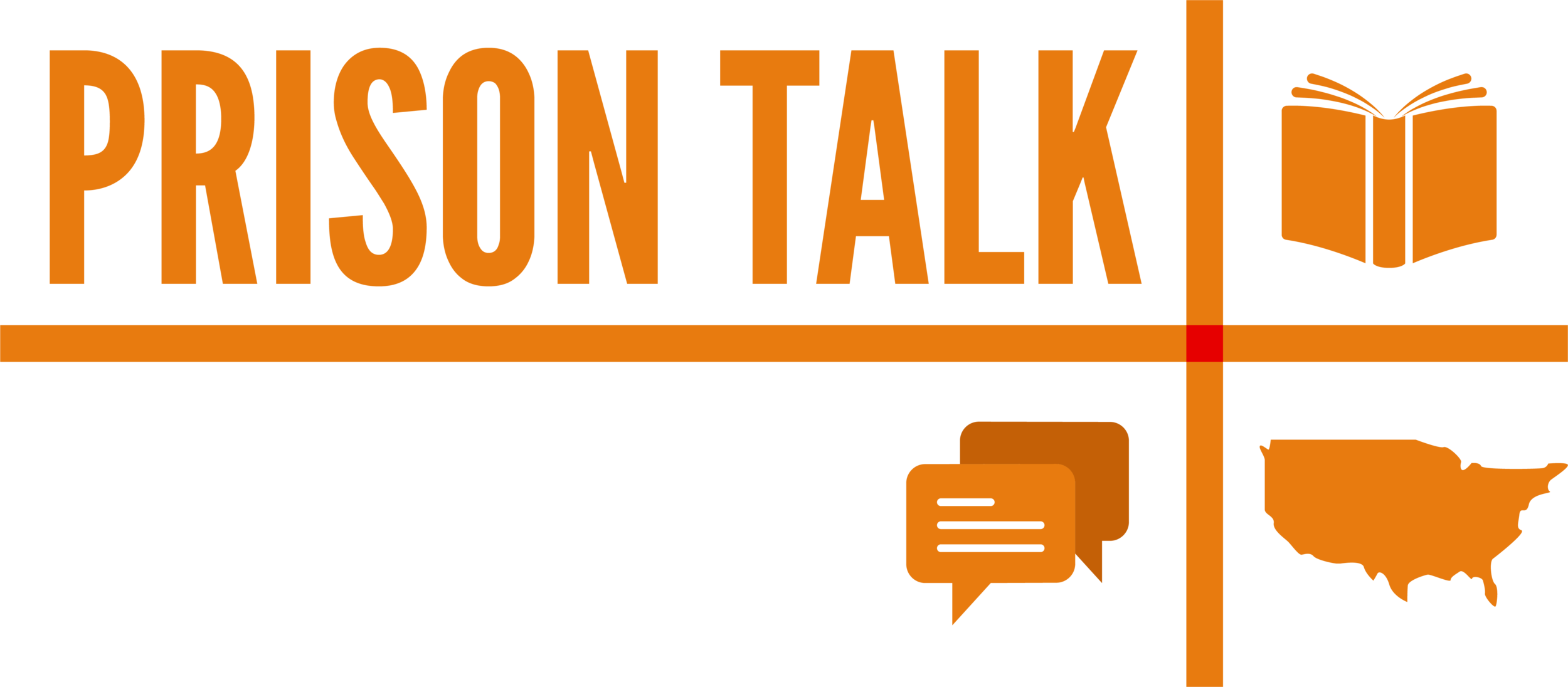Teaching Context - Bringing Hope
“My mom has been in and out of prison most of her life,” Brian said. “Last week, she finally finished parole and is now free from the system. I really hope she stays clean and keeps doing the right thing.”
This was a great report on several levels. It was good for Brian’s mom, as she was moving in the right direction; it was good for friends and family who care about her; and it was good for her son, Brian. I could tell by the excitement in his voice that he was proud of her progress, as she had been struggling with drug addiction for most of her life.
There was, however, a sad side to this story. Brian was telling me this while he himself was an inmate in prison. Brian was a third-time offender, and he was forty-two years old. I guessed his mother was close to sixty, which meant prison had been the context of most of her adult life. These absences combined with addiction helped shape the context of Brian’s life as well. As I dug a little deeper, I asked him about his dad and what role he had played, and he told me that he didn’t even know who his dad was. Sadly, this sort of story is not unusual for those who are incarcerated.
Imagine being a little kid growing up in this environment. Poverty, drugs, gangs, no father, mom is in jail. You are raised by who knows who, and it’s just a matter of time before you become consumed by the influences of this world. You follow the context. You become an addict and a criminal, you’re in and out of detentions when you are young, and then off to jail and prison when you reach adulthood.
In Brian’s case, this discussion about environment came up as we were talking about his plans for the future. Two years ago, Brian surrendered his life to God, and we were talking about what he needed to do to follow through once he’s released from prison.
“I love my mom, but I don’t want to follow her old ways any longer,” Brian said. “And I don’t want to follow my old ways any longer either. The problem is I have no idea how to do that. I believe God has a better way for me, but I don’t know what to do or how to do it.”
I explained to him that it really isn’t that complicated. “You need to start by changing your context. You need to start over. You need to live your life in a different environment with different people with a different perspective on things. The bad news is that it isn’t going to be easy. The good news is that you don’t have to do it by yourself,” I said. “Just a few good decisions with some determination to stick with them will completely re-direct your future. And the best news of all is that God will be there with you every step of the way.”
Brian’s eyes lit up, and a smile came across his face. “I believe you. I’ve seen how God has changed me over the past two years since I gave my life to Him. I’ve seen how I’ve changed while in prison. All I need to do is just keep it going after I get out. I like what you are telling me about changing my environment. Just as I’ve changed who I spend time with in here, I can do the same when I get out.”
There is a theme we talk about often with those in prison. “We don’t care where you’ve been or what you’ve done. We are only interested in where you are now and where you are headed.”
It’s surprising how many people do not embrace the value of starting over, even if you have to do so every day. All we can do is now. Make good decisions—now. Be kind to others—now. Grow in our walk with God—now. Forgive—now. Do the right thing—now.
In Philippians, the Apostle Paul states the following:
I focus on this one thing: Forgetting the past and looking forward to what lies ahead.
We can’t change the context of how or where Brian was raised. We can’t change the context of his life with drugs, gangs, and crime. But we can teach him about a new context and bring hope of a better life now and for eternity with Jesus Christ.
Men and women like Brian who have this hunger for God are who we are in search of. They are why we go to the prisons, send Bibles and books, offer the correspondence course, and invest in their lives. Your prayers and financial support help us keep the wheels of this ministry moving forward.
